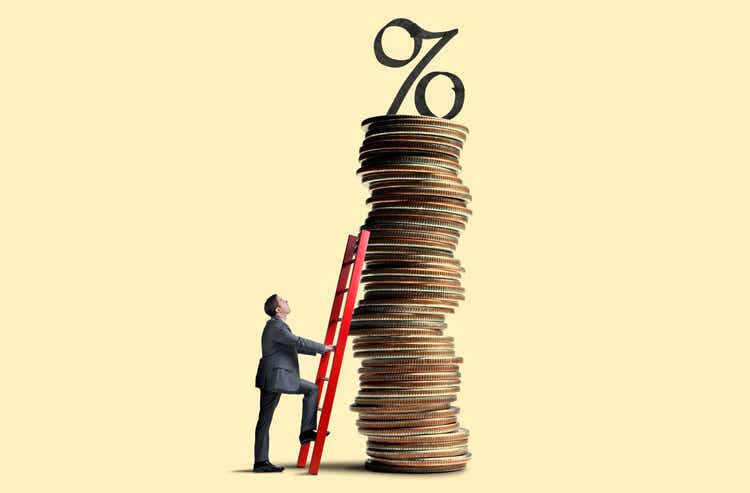DNY59/E+ via Getty Images
Some inflation commentaries emphasize how much of our recent inflation came from oil prices and used cars and a few other items. Although the arithmetic may be accurate, it is misleading to analyze the contribution of particular prices to overall inflation. What we see in specific early price hikes is the interplay of supply and demand over different time horizons.
In the United States since the beginning of the pandemic, both fiscal policy and monetary policy injected huge stimulus into the economy. Demand for goods and services rose in general, but the specifics varied with the products.
Some demands can increase rapidly. A person who owns a car can start driving it more – and buying gasoline – right away. But the person who can finally afford a new roof has to work with a contractor – or recruit some friends for help. A person who wants to take a long-delayed vacation may have to juggle schedules with other family members. The bride and groom ready for a dream wedding may have to book a venue 18 months out.
One characteristic of a product that rises early in inflation is that stimulus quickly increases demand. In the language of economists, the product has a high short-run income elasticity of demand. Used cars and computers also fit the description.
Some goods can be supplied in greater volume very quickly. Video streaming companies, for example, can ramp up the delivery of movies almost instantaneously. Simple products can be produced quickly, locally. Other goods, though, take a long time to make. Used car prices rose quickly in 2021. How long does it take to make a three-year-old used car? That supply does not increase quickly.
If oil consumption has been depressed, production can quickly resume to past levels. But increasing production to new heights takes a lot longer. Geological surveys are needed to identify likely petroleum deposits. Then exploratory wells are drilled, some of which are likely to be dry holes. When oil is found, next comes in-fill drilling of production wells, with the new wells connected, usually through pipelines, to refineries. The entire process can take ten years.
Now combine the two concepts of demand and supply. For oil, demand can increase quickly as consumers drive more and as businesses ramp up production, requiring oil-fueled energy. But supply cannot increase quickly. Eventually, yes, oil production will increase to fill at typical prices. But in the short run, strong demand will trigger higher prices, not more supply.
In these examples, the oil and the used cars did not cause inflation. They were simply the first signs of inflation. Over time, other goods and services are demanded in greater quantity. And in time, more supply of everything will be produced. Much of this new supply will entail higher costs. For example, as demand increases, oil drilling rigs will cost more to rent. As car manufacturers become more desperate to increase output, they will bid up the prices of labor and materials.
The ultimate cause of inflation is excess demand induced by monetary stimulus. The first prices to rise do not cause the inflation, any more than the first crocus causes springtime to come.
Original post
Editor’s note: The summary bullets for this article were chosen by Seeking Alpha editors.

